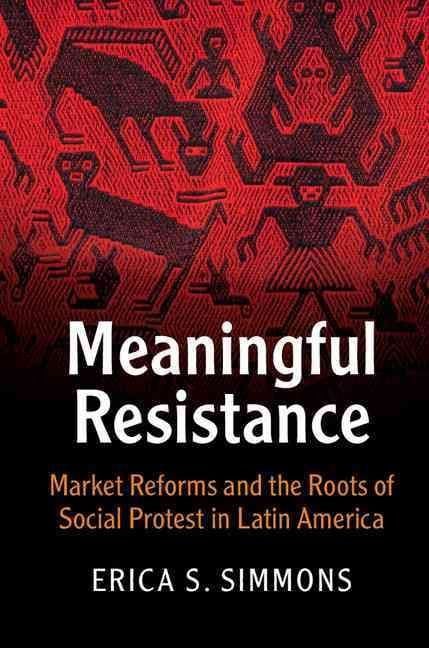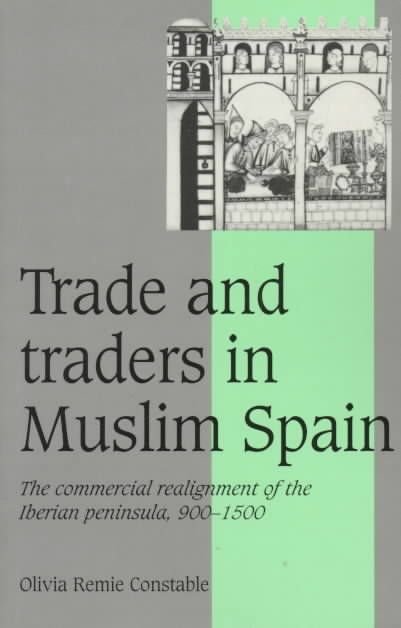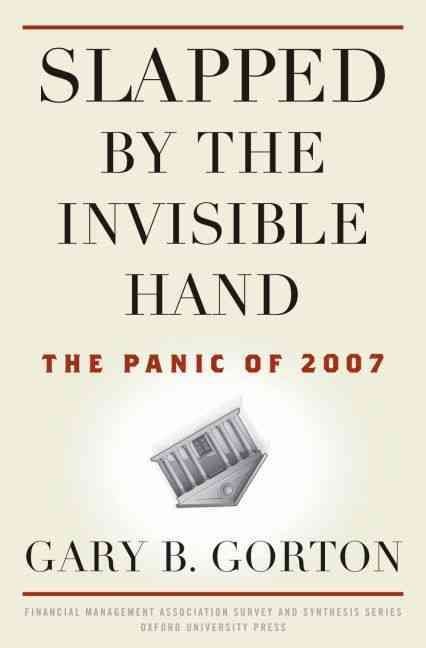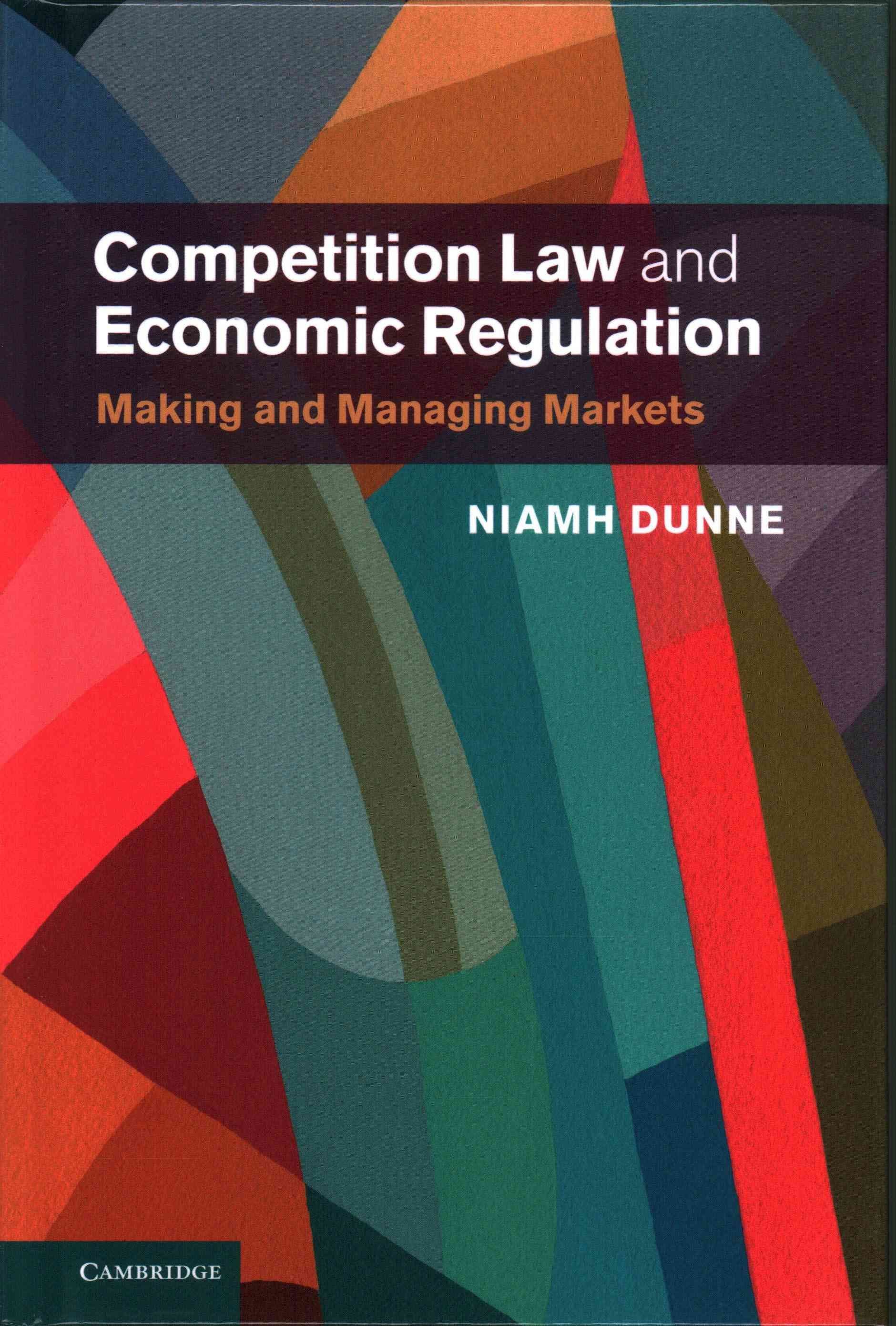Meaningful Resistance explores the origins and dynamics of resistance to markets through an examination of two social movements that emerged to voice and channel opposition to market reforms. Protests against water privatization in Cochabamba, Bolivia, and rising corn prices in Mexico City, Mexico, offer a lens to analyze the mechanisms by which perceived, market-driven threats to material livelihood can prompt resistance. By exploring connections among marketization, local practices, and political protest, the book shows how the material and the ideational are inextricably linked in resistance to subsistence threats. When people perceive that markets have put subsistence at risk, material and symbolic worlds are both at stake; citizens take to the streets not only to defend their pocketbooks, but also their conceptions of community. The book advances contemporary scholarship by showing how attention to grievances in general, and subsistence resources in particular, can add explanatory leverage to analyses of contentious politics.












